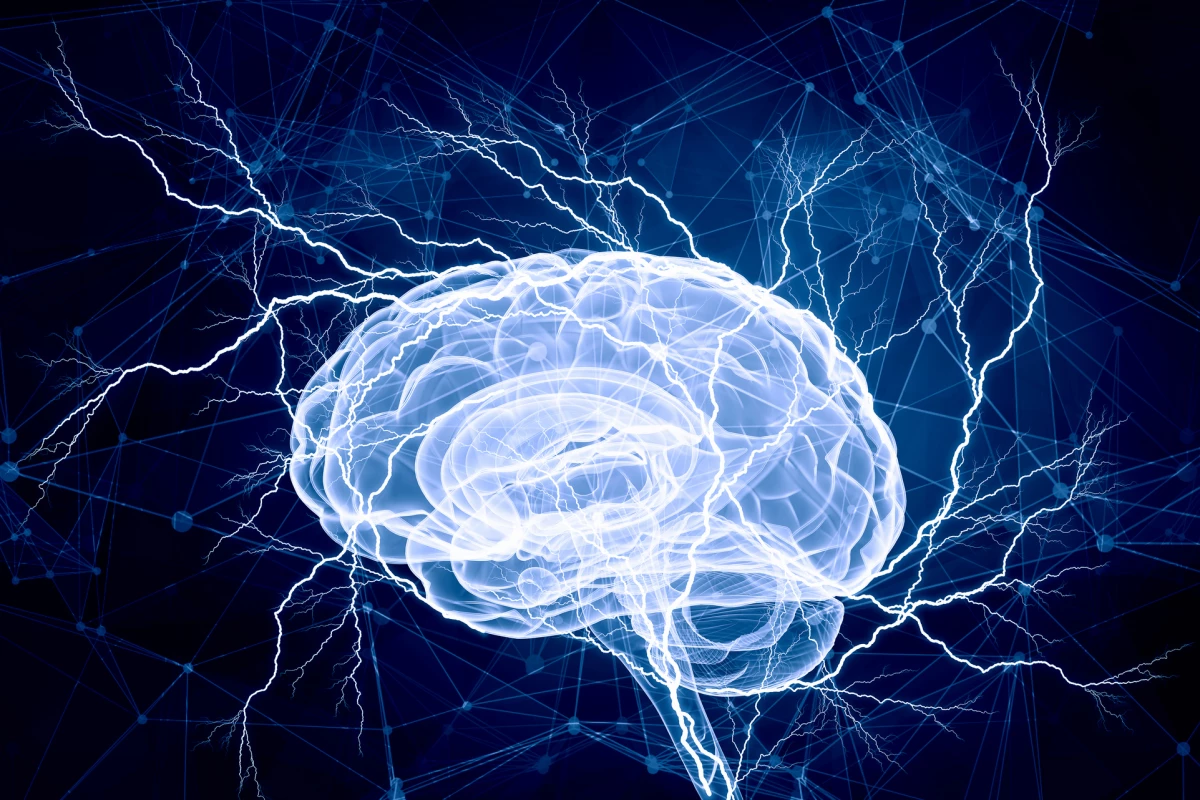Research has found that non-invasively applying a mild electrical current to the brain twice a day for six weeks improved cognitive functioning and plasticity, the ability of the brain to ‘rewire’ itself, in patients with Alzheimer’s disease. The treatment may be an effective way of reducing – or even reversing – the effects of the condition.
Many of the available treatments for Alzheimer’s disease (AD) are drug-based, but their effectiveness can be limited, complicated by the existence of co-morbidities and chronic diseases that require their own medications. With advancements in electromagnetic technology, non-invasive brain stimulation has emerged as an alternative treatment that offers clinical benefits, but these have yet to be fully evaluated.
A small study by Ningbo University, China, is the first to assess the use of twice-daily transcranial direct current stimulation (tDCS) to improve cognitive function in patients with Alzheimer’s.
tDCS is a non-invasive technique that involves applying a constant, low-intensity (1 to 2 mA) direct current via electrodes on the scalp to trigger changes in the excitability of neurons in the cortex, or the surface of the brain. Studies have suggested that tDCS induces cortical plasticity, the ability of the brain to 'rewire' itself, forming new neural networks.
In the current study, the researchers randomly assigned 124 patients with mild-to-moderate AD to receive tDCS or a sham version of the treatment twice a day, five days a week, for six weeks. The participants were all over 65, had had AD for more than six months, and had cognitive impairment. tDCS was applied to the prefrontal cortex, the region of the brain involved in higher cognitive functions such as planning, decision-making, working memory, moderation of social behaviors, and controlling aspects of speech and language.
Trained neuropsychologists – blinded to participants’ group assignment – assessed cognitive functioning at baseline and weeks two and six. An electromyogram was used to measure motor-evoked potential (MEP), readings of electrical signaling through the nervous system’s motor pathways that are indicative of neural plasticity.
Compared to baseline cognitive functioning, there was a statistically significant improvement in the group receiving tDCS at week six, but not at week two. Particular improvement was seen in word recall, recall of test instructions, and word recognition, three domains related to memory. No such improvements were observed in the sham group. tDCS also produced an increased plasticity response at six weeks (but not two) that was absent in the sham group.
“In summary, the results of this study strongly indicate that tDCS treatment is a significant and promising intervention for improving cognitive function in AD,” said the researchers. “In addition, plasticity plays a vital role in cognitive change.”
How tDCS exerts its effects on brain plasticity is not clear, but the researchers suggest the treatment may cause increased calcium levels in the cortex and hippocampus and modulate serotonin release. Further research is needed to investigate the link between plasticity and cognition.
The small sample size and the lack of diagnostic tests such as MRI or electroencephalography (EEG) to assess brain network changes or blood samples to measure neurotransmitter or amyloid beta levels were noted as some of the study’s limitations.
The study was published in the journal General Psychiatry.
Source: Ningbo University via Scimex





